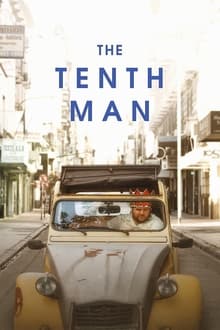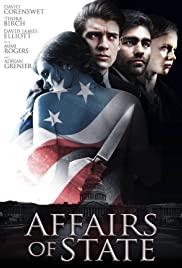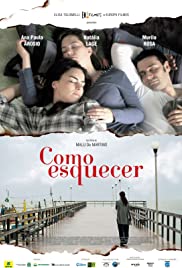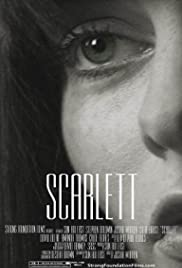
This movie portrays the drug scene in Berlin in the 70s, following tape recordings of Christiane F. 14 years old Christiane lives with her mother and little sister in a typical multi-storey apartment building in Berlin. She’s fascinated by the ‘Sound’, a new disco with most modern equipment. Although she’s legally too young, she asks a friend to take her. There she meets Detlef, who’s in a clique where everybody’s on drugs. Step by step she gets drawn deeper into the scene.
You May Also Like

Contemporary Russia. Nadya gives up her dream of becoming a champion figure skater when she is hospitalized with an injury. But then she meets Sasha, a hockey player, who decides to teach her to believe in herself and her dream again.

Kawariki must become the leader of the family after his father retires in this intimate drama. A husband and father, he realizes that in order to lead with integrity, he must come out and be honest about his own life, even though it will test the boundaries of acceptance and unconditional love. Offering valuable insights into Maori traditions, family ideals and cultural values, this feature debut is rich and textured with emotional layers and stunning New Zealand landscapes. Written by Websurfer (IMDB.com)

The various faces of youth and people in an enclosed space of a convenience store for 12 hours.

Natalie (Elisabeth Harnois) is high school royalty, but her queen bee status falls apart when she falls for the new guy at school. Although Keith (Jesse McCartney) ignores her at first, they soon become friends — even though Natalie suspects that Keith has something to hide. As the free-spirited Keith shows Natalie how to embrace what life offers, they grow closer — until a secret tests the bounds of their relationship

While undergoing heart surgery, a man experiences a phenomenon called ‘anesthetic awareness’, which leaves him awake but paralyzed throughout the operation. As various obstacles present themselves, his wife must make life-altering decisions while wrestling with her own personal drama.

Four years into his first stable relationship, a man finds out that he is pregnant with his partner’s baby.

After many years away, Ariel is summoned by his distant father to his childhood home in the bustling Jewish quarter of Buenos Aires, known as El Once. Over the course of seven days, during the vibrant holiday of Purim, Ariel seeks to reconnect with his father, who runs a Jewish charity and is regarded as a big macher in the close-knit community, but was frequently absent due to his obligation to fulfill the Jewish quorum of having 10 men present at all funerals.



Julia is a 35-year-old English Literature teacher struggling with depression as she tries to get her life back together again after her long, intense love affair with Antonia. Feeling totally abandoned after she and her enigmatic girlfriend broke up, Julia is thrown into a desperate, painful process. Her life and her values have been tinged with unbearable melancholy and her life’s measure seems reduced to out-of-focus fragments of her memories. Her inner turmoil and conflicts hamper a process now made necessary – that of readapting to her new life. It is impossible for her to disguise her pain when she attempts to narrate emotions.


A sophisticated con man mounts an intricate plan to rob an airport bank while the Soviet premier is due to arrive.